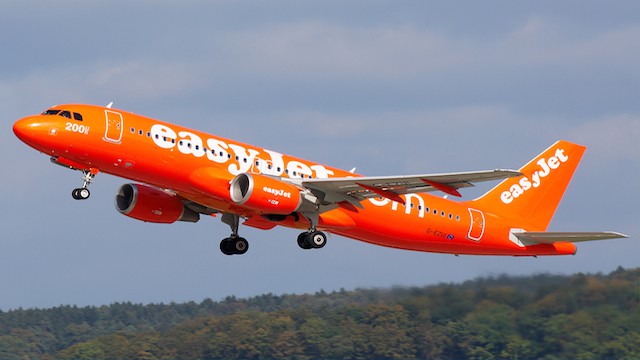Perhaps the major impact of Brexit so far has been weaker sterling. It currently trades at around $1.25, which is close to its lowest level in over a decade. In turn, weaker sterling has already caused inflation to increase from around 0.5% to 1.6% in December. Looking ahead, the Bank of England forecasts that it could be almost 3% this year. As such, higher dividends may be required in order to maintain the real-terms value of an income. These two stocks could help you with that.
An unlikely income play
Given the uncertainty facing the airline industry at the present time, buying easyJet (LSE: EZJ) for its dividend may seem like the wrong move. After all, lower fuel prices have caused a rise in the supply of flights, while an uncertain macroeconomic outlook has meant sluggish demand growth.
However, easyJet appears to be a sound long-term income play. It currently yields 4.1% from a dividend which is covered twice by profit. This indicates that a rise in shareholder payouts could take place even if profitability disappoints. However, since easyJet is expected to record a rise in its earnings of 14% in the next financial year, the prospects for dividend growth seem bright.
Of course, the airline industry could be hit hard by a slowdown in demand in the short run. But this seems to be factored-in to easyJet’s valuation. It currently trades on a price-to-earnings growth (PEG) ratio of just 0.8, which indicates there is significant upside potential on offer. Furthermore, with the oil price set to recover somewhat as the OPEC decision to restrict supply has an effect, the supply of flights may begin to fall over the medium term. Less competition could mean higher profits and larger dividends for easyJet’s investors.
A solid growth stock
Unilever‘s (LSE: ULVR) attraction as a growth stock is relatively clear. Since it operates mostly in emerging markets, it offers the opportunity for investors to capitalise on the rising wealth of the developing world. However, the company is less known for its income potential. It currently yields a highly impressive 3.5% from a dividend which is covered 1.5 times by profit.
Its payout ratio of around 67% shows that there is scope for the company to pay as much as 100% of future profit growth out as a dividend to investors. Doing so would be unlikely to leave it in a challenging financial position. And since it has a diverse range of products in multiple geographies, Unilever also offers a relatively consistent and robust dividend payout.
In addition, Unilever’s high degree of customer loyalty means it should be able to raise prices in line with higher inflation. This could make it an excellent hedge against inflation, which could prove to be a major ally for investors in the coming months.








